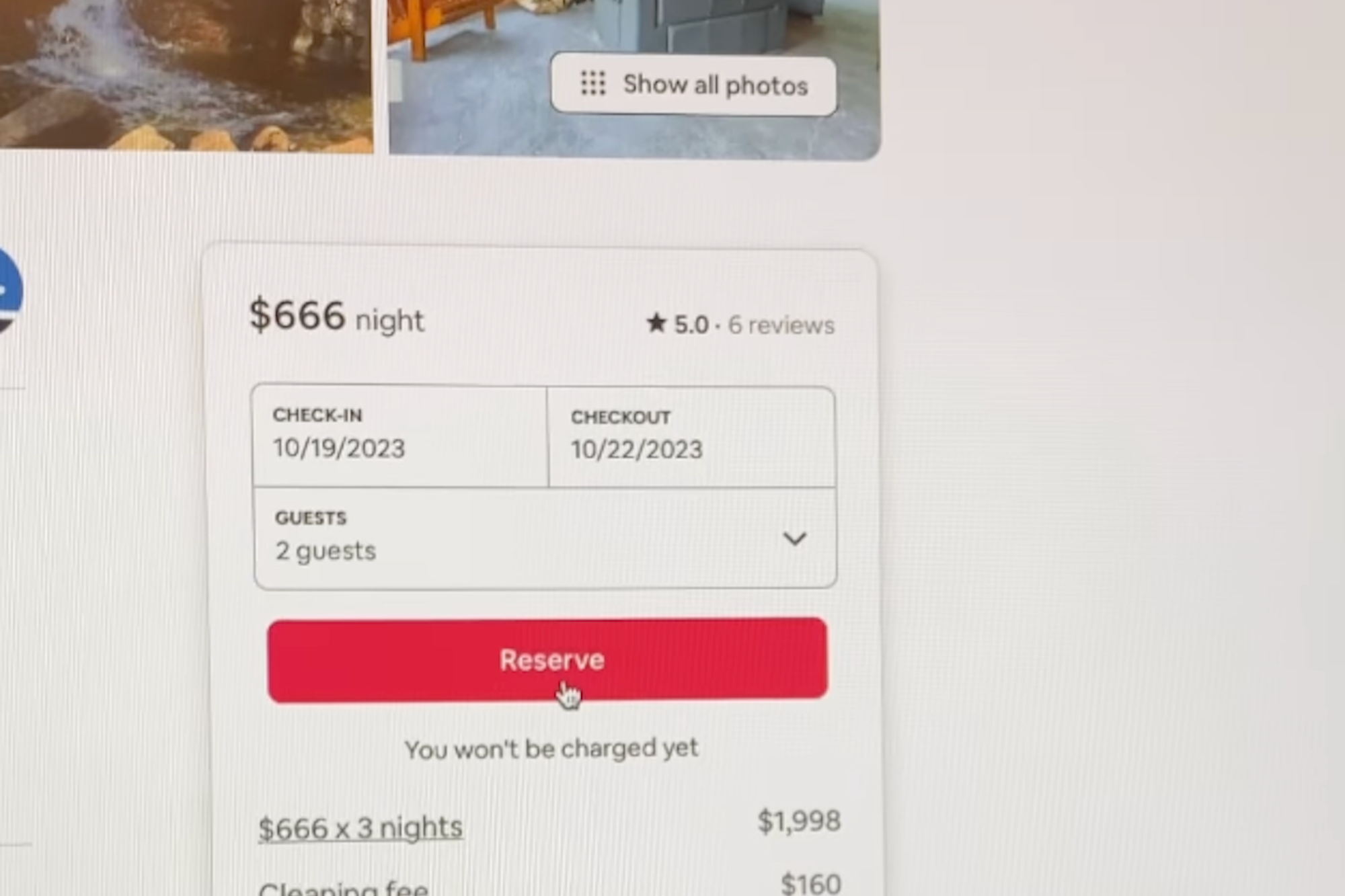Why You Don't Need Hard Deadlines to SucceedDeadlines can undermine team efficiency, creativity and morale but decreasing pressure can increase productivity.
ByAytekin Tank•
Opinions expressed by Entrepreneur contributors are their own.

As the French actor, Molière so wisely put it:Trees that are slow to grow bear the best fruit.
Take the humble olive tree, for instance, they grow to full maturity quite slowly but produce some of the most savory fruit as a result.
Every yearwhen I take a week offfrom my company, JotForm, to visit my hometown and help my parents with the olive harvest, I'm reminded that everything of quality takes time. And the same can be said for team productivity.
Worrying about a looming deadline, and knowing you'll have to work overtime to meet it, doesn't make for your most inspiring work. In fact, researchshowsthat stressful deadlines decrease long-term productivity and creates a pigeonhole way of viewing a problem. After all, "unreasonable haste," Molière went on to say, "is the direct road to error."
And such error often compounds due to the misconception that teams must "push to ship."
Why "makers" hate deadlines.
Back when I was a programmer the pressure to quickly deliver code and ship before major milestones consumed my existence. Anyone who has ever worked in software development probably knows what I'm talking about. The stress to perform is off the charts, and you don't necessarily feel like you're producing your top work.
But it's not just engineers who loathe the deadline: Journalists, designers and other makers are all too familiar with the ticking clock.
Hard deadlines can be incredibly destructive to a team's creativity and morale, even leading toprocrastination. And it doesn't end there -- I've met many people who have come to dread deadlines and often sacrifice their own mental health to meet them (the absolute opposite of productivity).
The science behind pressure vs. productivity.
Most of the time, deadlines are set by an external party and don't take into account all of the other projects you have on your plate. It's no wonderstudiesclaim them to be one of the most common causes of workplace stress.
OneFast Companystory by Laura Vanderkam, illustrates how approaching a problem under a stressful deadline makes it difficult to think outside the box. That's because extreme time pressure makes us delusional: you think you're producing your best work when in reality it's the opposite.
Hard deadlines pose several potential challenges:
You miss out on innovative ideas:Teams that spend all their time scrambling to meet a ticking clock miss out on exploring a broader range of options. Eliminating hard deadlines can give space for non-linear thinking and better collaboration.
Time pressure leads to sloppy work:Team members are more likely to turn in the bare minimum of what's expected. By ensuring they have ample time to complete a project, you can cut down on mistakes that end up costing both time and money.
Stress that is bad for mental health:Keeping your team content is essential to any healthy organization. A big part of that means setting realistic expectations and avoiding the pitfalls of deadline anxiety.
Related:Is Your Brain on Autopilot? Here's How to Re-Engage and Think Big.
A healthier way to approach deadlines.
Some pressure can be helpful when it comes to focus. This is why we get that rush of adrenaline when working in short bursts of time. But this will only take you so far. In an article published inThe Guardian,author Dean Burnett explains how it works by using theYerkes-Dodson lawas an example:
“这个国家that a person's performance increases as their arousal increases, but only up to a point, after which performance starts to suffer as the person becomes overwhelmed or distracted."
All of us struggle withbusyness, often confusing the rat race with getting things done. There's a myth that tells us the greater the hustle and grind, the morecompetentwe are. But after slowly growing my company with 130 employees and 4.5 million users, I've learned a few lessons about patience.
Spending time each year being knee-deep in olives has also shown me howmoving slowly is incredibly underratedand why I should do my best to encourage every team member to work sane hours.
Here are a few of my lessons on increasing productivity by decreasing pressure:
Stop assigning unnecessary deadlines.
Running a business isn't easy, and we can often feel pressure when it comes to assigning deadlines to teams; even when we don't need to. And if you take the Yerkes-Dodson law into account, you can see how the drawbacks far outweigh the benefits. When you're deciding whether a deadline is needed, ask yourself, "is this activity low priority?" If the answer is yes, then consider giving team members some lee-way for turning in a task by avoiding getting overly specific about a date.
Related:10 Techniques to Meet a Deadline (Infographic)
Let team members set their own mini-deadlines.
If you're facing a big project and have little wiggle room, allowing teams to set their own intermediate deadlines can help create a sense of momentum and keep their focus in check. Remember: great players work well with achievable goals.
Managers should adjust policies to individual team members.
Understanding the unique needs of each team member requires skill. Gathering input is invaluable in learning how each works best. Some people need a lot of motivation and frequent check-ins; others need less hand-holding. I often make it a point to consult with team members on big decisions and pay attention to their responses. This allows me to gauge their needs and adjust performance goals to each individual player.
Related:How to Deal with Deadline Pressure
Make contingency plans.
As the old adage goes: "Hope for the best, but prepare for the worst." Assuming team members will be late can help you create a strategy in the case projects aren't delivered on time. Always set a personal deadline in advance of the actual date of when you need a project by. This gives you some buffer time to avoid unnecessary stress.











